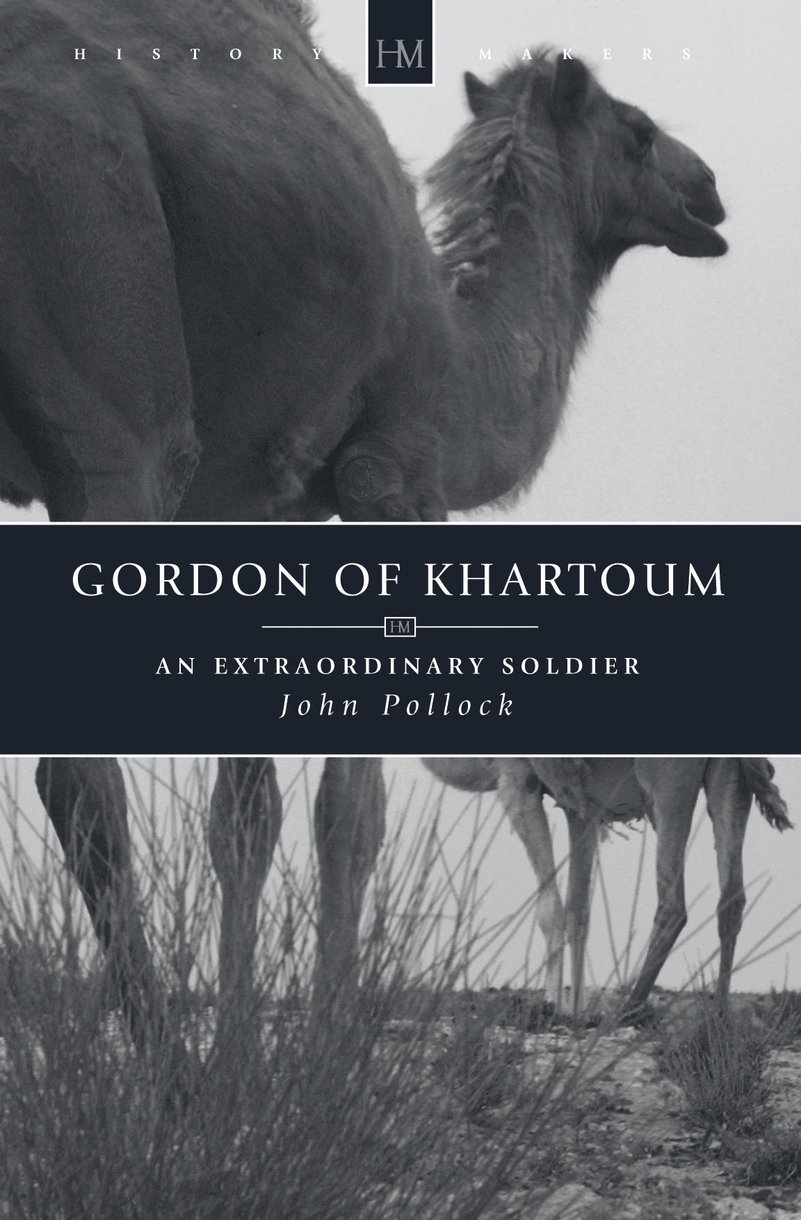
Released in the UK September 2005
Released in the US November 2005
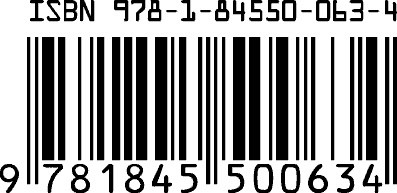
Trade paperback | 448 Pages
9781845500634 • £9.99 $15.99
BISAC – BIO018000
Gordon of Khartoum
An Extraordinary Soldier
John Pollock
A British military hero
He also fought on spiritual battlegrounds of Victorian Britain
Died while trying to save Khartoum
Charles George Gordon gained universal respect and affection in the slums of urban Victorian Britain fighting on spiritual battlegrounds.
Later, he obtained the same reputation as he commanded in battle Chinese, Egyptian, and African (but never British) troops, to become a British military hero. General Gordon died while trying to save Khartoum from fire and sword in 1885, the mourning from a grateful nation was only surpassed by the death's of Henry Havelock at Lucknow and Nelson at Trafalgar.
Gladstone, Britain's Prime Minister at the time feared it would bring down his government. He is now known as one of Britain's greatest military heroes in the line of Wellington, Nelson, Havelock, Harris and Montgomery.
There are 4 parts to this well researched and exciting biography:
- Part One: 'Yellow Jacket', 1833-1864.
- Part Two: 'The Liberator' 1865-1879.
- Part Three: 'The Pillar of Cloud' 1880-1883.
- Part Four: 'Too Late' 1884-1885.
John Pollock, author of other highly praised biographies (including Havelock's), draws on extensive, but little used, manuscript sources to vividly retell a fascinating and colourful true story of an extraordinary figure.
John Pollock
The late John Pollock, an award-winning biographer, had a flair for telling a dramatic story. He used this talent to write many biographies including ones on D. L. Moody and Major General Sir Henry Havelock.
Related Titles
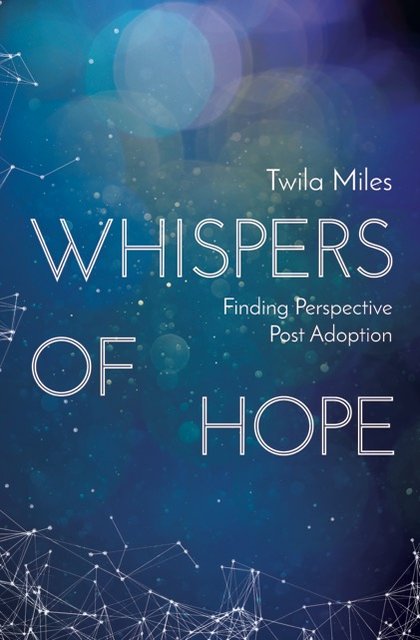
9781781916827 |
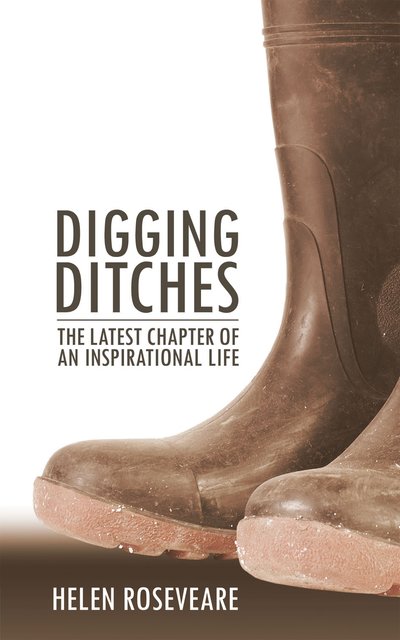
9781845500580 |
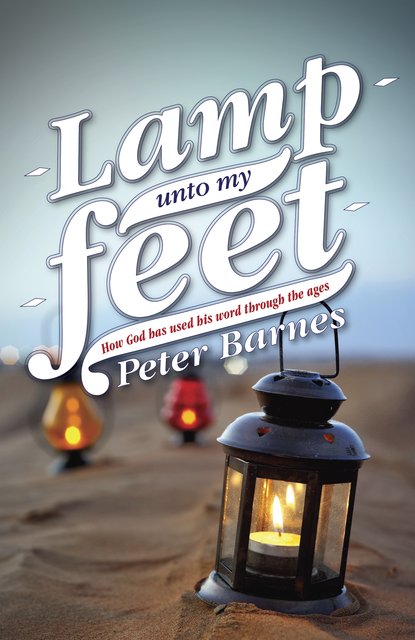
9781781911211 |
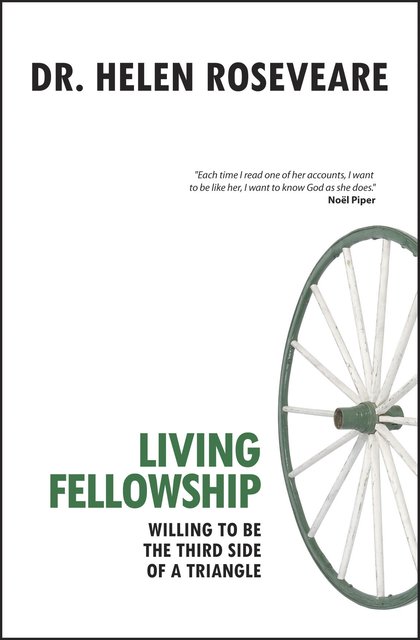
9781845503512 |

Christian Focus
Pollock has provided an interesting, readable accoount of Gordon's life. The book is well resarched and draws from his correspondence to family members and recollections of peers.
'Gordon's mercurial character comes through with great charm from this narrative - it was not by chance that everyone called him Charlie - and Pollock demonstrates to good effect his un-heroic practicality...'
'..is never supercilious and respects the complexity of [its] subject...recounts innumerable instances of heroism, yet in the end Christianity is the hero of [the] story...give it a try.'
'This is a respectful, cautious biography... but there is a good tale to tell, deliberately uncluttered by too much analysis or interpretation.'